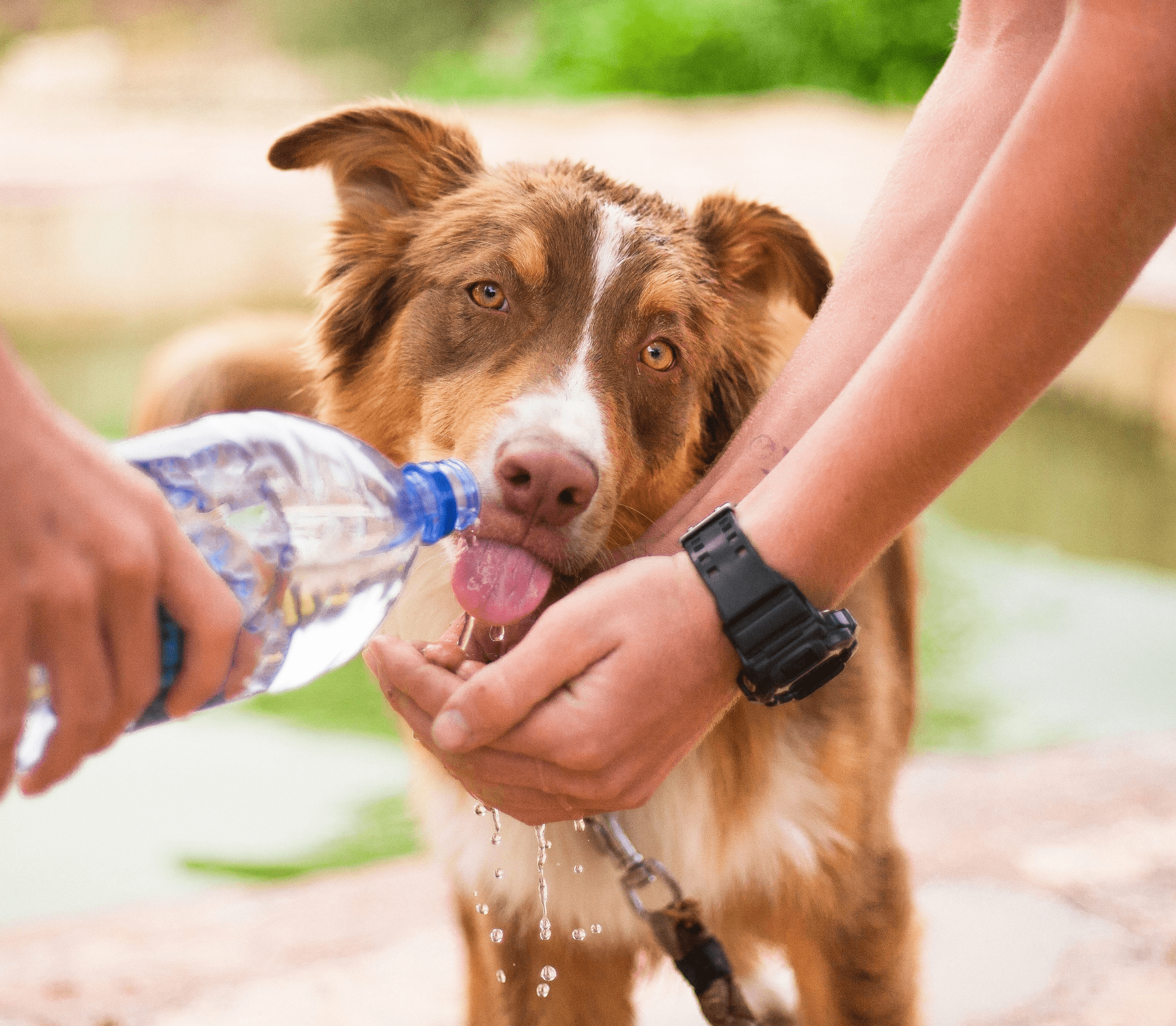Senior Cat Care
Our feline pals are almost impossibly cute. Although kittens are certainly super adorable, older furballs also have their charms. As Fluffy ages, she’ll become less interested in knocking everything off your counters, and more into naps and cuddles. Her care needs will change a bit as well. Here, a Washington DC veterinarian discusses senior cat care.
Basics
Your kitty will still need good food, fresh water, and a clean litterbox. Be careful not to overfeed your pet: you don’t want her becoming obese. Ask your vet for nutritional recommendations, including advice on switching Fluffy over to a senior-formula cat food. Your cat may also appreciate a litterbox with low sides, which will be easier for her to get in and out of.
Comfort
Senior cats are napping ninjas, capable of snoozing up to 20 hours a day. Make sure your drowsy pet has lots of comfy napping spots. Store-bought beds are fine, but your kitty will also happily doze off on a soft blanket placed in a chair or on an ottoman. To help your feline buddy l reach her favorite perches, set out some footstools for her. Or, better yet, get Fluffy some pet stairs. We also recommend leaving a nightlight on for your furball after dark.
Veterinary Care
Just like people, cats sometimes develop medical issues as they age. Fluffy will need to see the vet a bit more often, so her health can be closely monitored. This is very important, as it’s much easier to treat and manage medical issues when they are caught early on. At home, watch for signs of illness. Call your vet immediately if you notice anything wrong.
Grooming
Older cats tend to get rather stiff and sore. Fluffy may not be able to reach her entire body when grooming herself. Help her out by gently brushing her.
Playtime
Fluffy won’t be as frisky as she once was, but she’ll still benefit from regular play sessions. Playing will keep your kitty strong physically. It will also offer her beneficial mental stimulation. Take time to play with your furry friend regularly!
Love
Last but not least, make sure Fluffy feels loved! Pay lots of attention to your kitty, and keep that little motor going. Just be very gentle when you pick your cat up or put her down.
Please contact us, your Washington DC veterinary clinic, anytime. We are here to help!



